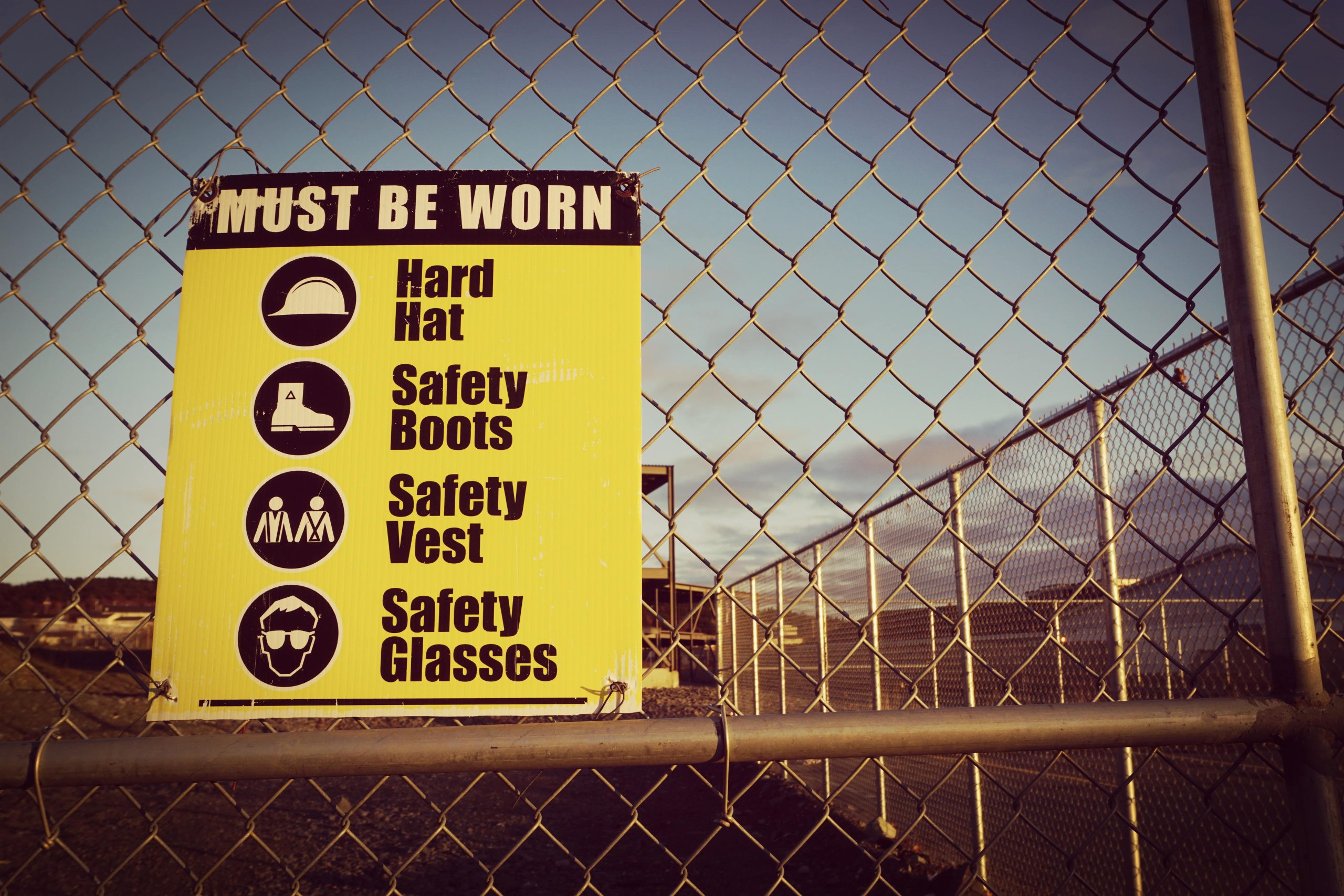Practical advice for building skilled trades teams
The Current Labor Market Reality
In today's challenging labor market, finding and retaining skilled workers is more difficult than ever. Construction and skilled trades companies face particular challenges with project timelines, budget constraints, and safety requirements. The Associated General Contractors of America reports that 53% of construction firms are experiencing cost-related delays or project abandonments, with staffing shortages being a major contributing factor.
Rising economic pressures, from elevated interest rates to skyrocketing materials costs, make it even more critical to have the right workforce in place when you need them. A professional staffing partner—one with an exclusive focus on skilled trades—can be your strategic advantage, but only if you know what to expect and how to maximize the relationship.
What Your Staffing Partner Should Deliver
When you partner with a professional staffing agency, you should expect more than just temporary workers. You should be accessing a comprehensive workforce solution designed specifically for the skilled trades industry. Here's what to look for:
Rapid Access to Qualified Talent
Time is money in construction, and project delays can quickly spiral into significant financial losses. A quality staffing partner maintains an extensive network of pre-screened, work-ready professionals who can join your team within days, not weeks. Whether you need to scale up for a new project or replace unexpected departures, rapid response helps keep your projects on schedule.
Rigorous Safety Standards
Safety isn't negotiable in the skilled trades. Look for staffing partners who prioritize worker safety above all else, providing comprehensive safety training, supplying appropriate personal protective equipment (PPE), and ensuring every worker understands both industry-standard and site-specific safety protocols. A commitment to safety helps protect your workers and your bottom line by reducing the risk of costly accidents and insurance claims.
Reduced Administrative Burden
Managing payroll, workers' compensation claims, unemployment insurance, and other HR responsibilities can drain valuable time and resources from your core operations. Your staffing partner should handle these time-consuming administrative tasks, allowing your management team to focus on what they do best—completing projects on time and under budget.
Workforce Flexibility
Market conditions and project demands fluctuate, sometimes unpredictably. Professional staffing solutions should allow you to quickly scale your workforce up during busy periods and reduce labor costs during slower times—all without the liability and expense associated with traditional layoffs. This flexibility is especially valuable in today's uncertain economic environment.
Risk Mitigation
When you work with a quality staffing partner, they should assume significant employer responsibilities and associated risks. This includes carrying comprehensive insurance coverage, conducting thorough background checks, and verifying all required certifications and licenses. This risk transfer helps protect your business while ensuring you get qualified, reliable workers.
5 Ways to Maximize Your Staffing Partnership
Getting the most value from your staffing partnership requires active engagement and clear communication. Here are five proven strategies to optimize your results:
1. Be Specific About Your Needs
The more detailed information you can provide about your requirements, the better your staffing partner can match you with the right candidates. Don't just tell them you need an electrician—explain the specific tasks, work environment conditions, required certifications, and any unique aspects of your workplace culture.
Best practice: Develop comprehensive job descriptions that include skill requirements, physical demands, work environment details, and project timelines. The more specific you are, the more successful your placements will be.
2. Plan Ahead When Possible
While quality staffing partners excel at meeting urgent staffing needs, advance notice allows them to provide even better service. When you know about upcoming projects or anticipated workforce changes, sharing this information early gives them time for more thorough candidate vetting and preparation.
Best practice: Include workforce planning in your project planning process. Even rough estimates of staffing needs and timelines help your partner prepare qualified candidates and ensure seamless integration with your existing team.
3. Establish a Feedback Loop
Your feedback about worker performance is invaluable for refining your partner's selection process and ensuring continuous improvement. Regular communication about what's working well and what could be better helps them tailor their services specifically to your company's needs.
Best practice: Set up regular check-ins with your staffing partner's account manager to discuss worker performance, address any concerns, and identify opportunities for improvement. Formal feedback mechanisms ensure nothing falls through the cracks.
4. Communicate Changes Immediately
Construction projects are dynamic, with conditions and requirements changing frequently. When project schedules shift, site requirements change, or new safety protocols are implemented, immediate communication prevents misunderstandings and ensures workers are properly prepared.
Best practice: Establish clear communication channels with your staffing representative and use them proactively. Don't wait for issues to arise—keep them informed of changes as they happen.
5. Think Long-Term
The most successful partnerships extend beyond immediate staffing needs to encompass broader workforce development goals. Discussing your long-term objectives allows your partner to help you build sustainable workforce strategies.
Best practice: Include your staffing partner in your strategic workforce planning discussions. They can help identify skill gaps, develop succession plans, and create pathways for converting temporary workers to permanent employees when it makes sense for your business.
The Competitive Advantage of Strategic Partnership
In an industry where skilled labor shortages are constraining growth and driving up costs, having a reliable staffing partner isn't just convenient—it's a competitive necessity. Companies that successfully navigate today's challenging labor market are those that treat their staffing relationships as strategic partnerships rather than transactional arrangements.
When you maximize your partnership with a staffing partner like Skinner, several key benefits emerge:
Reduced Project Risk: Reliable access to qualified workers means fewer delays and cost overruns due to staffing shortages.
Enhanced Safety Performance: Our rigorous safety standards and training help reduce workplace incidents and associated costs.
Improved Cash Flow Management: Flexible staffing solutions help you better manage labor costs and maintain profitability during market fluctuations.
Strategic Workforce Development: Long-term partnership enables better workforce planning and development of internal talent pipelines.
In today's market, the companies that thrive are those that adapt quickly to changing conditions while maintaining high standards for safety and quality. A strong partnership with a partner like Skinner provides the skilled trades workforce flexibility and reliability you need to stay competitive, regardless of what challenges arise.
Connect with Skinner today to start building something great.































